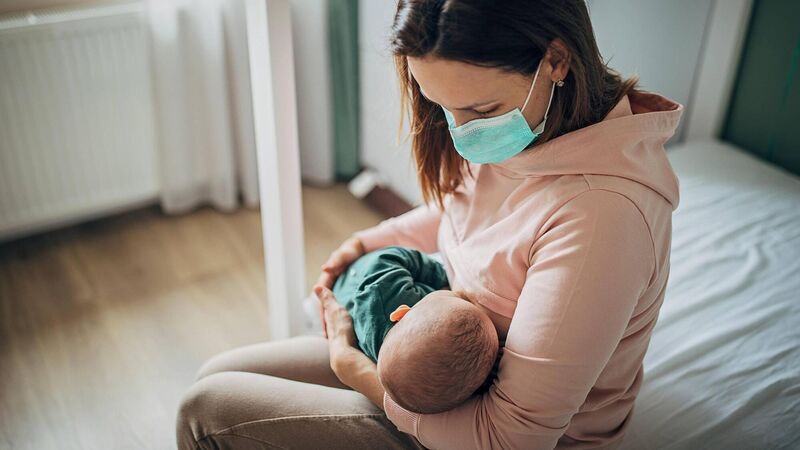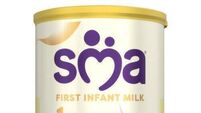Medical students 'should have clinical exposure to breastfeeding'

Despite improvements over the last 15 years, Ireland still has the lowest breastfeeding rates in Europe.
Medical students should have clinical exposure to breastfeeding and the HSE should increase the number of International Board-Certified Lactation Consultants (IBCLCs) and community breastfeeding groups to help encourage and support breastfeeding mothers.
That is according to a new paper from the Faculty of Paediatrics, Faculty of Public Health and the Institute of Obstetricians and Gynaecologists of the Royal College of Physicians of Ireland, which suggests a number of actions that can be taken to improve breastfeeding rates in Ireland.













